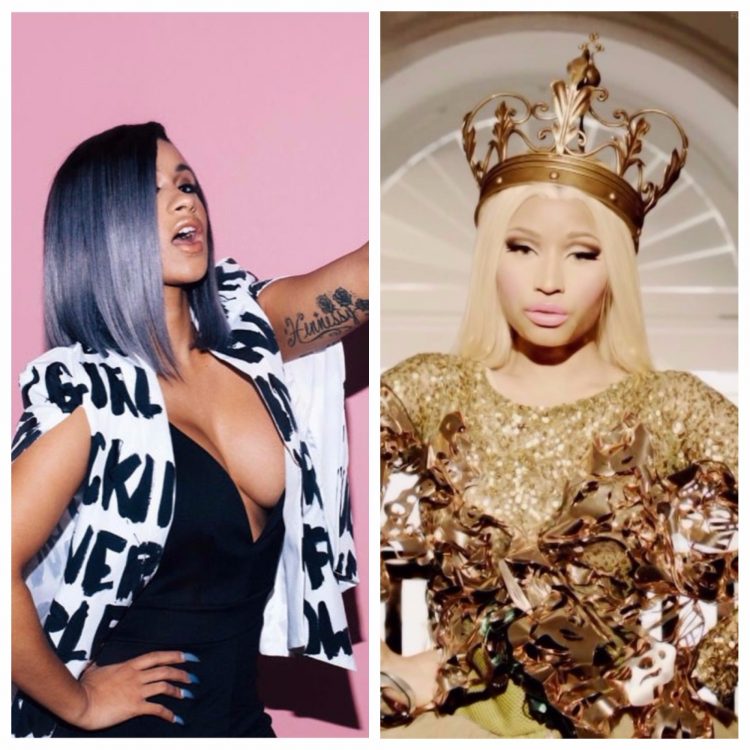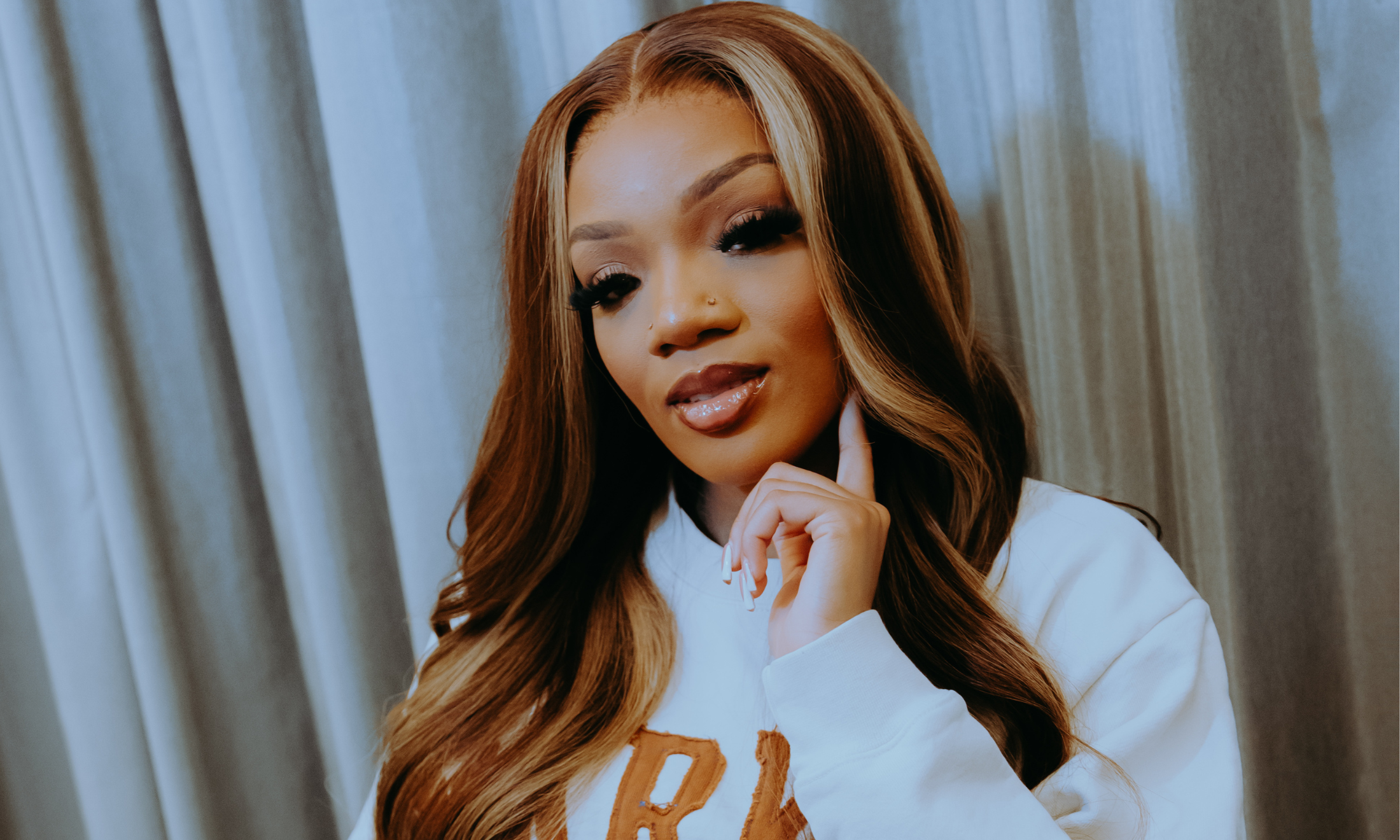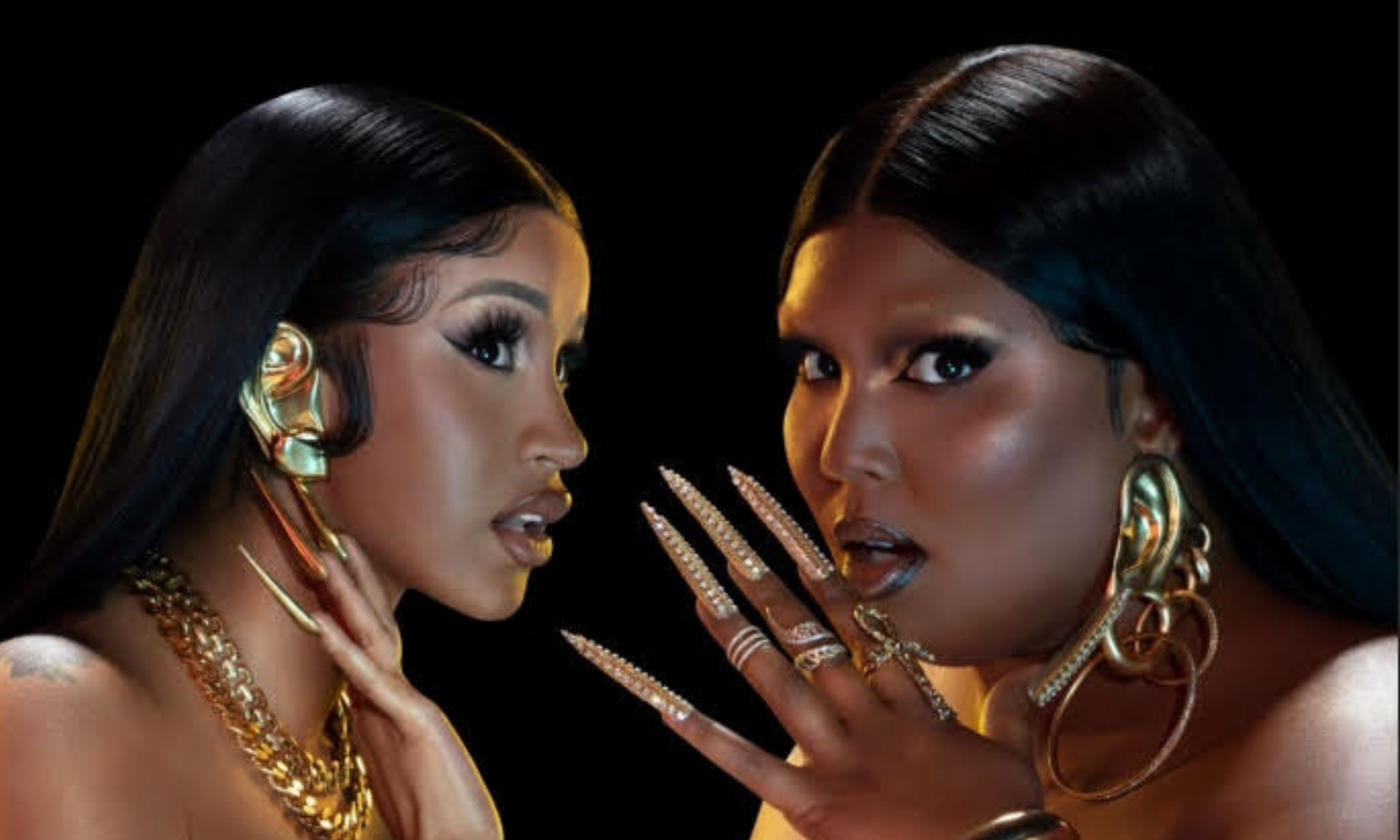
The future is female isn’t something that just looks trendy on a t-shirt. Whether this era is truly one for women is yet to be discovered, but having two leading women in the rap game — Cardi B and Nicki Minaj — becoming pioneers in their own right, shows women are conquering firsts, and solidifying themselves in history.
The two have bulldozed their way to the top of the rap game. They maximised their femininity through sex appeal but don’t let it prevent them from making ‘money moves’.
Cardi B is the latest female rapper on everyone’s lips, dubbed the hottest in NYC by Revolt. After her chart topping success with single ‘Bodak Yellow’, she became the first solo female rap act to top the Billboard charts since Lauryn Hill, in 1998. (Hill topped the charts with her single Doo Wop (That Thing) for two weeks on November 14th in 1998). Her glow up is the new American Dream, being picked up from the street of the South Bronx and thrown into fame and wealth.
The fairytale story is similar to Nicki Minaj’s, although her come-up seems distant now with her consecutive chart winnings acting as a lodge between her present and previous life.
2010 marked the release of Nicki Minaj’s debut album Pink Friday. The puns, grit and catchy hooks catapulted her as the new queen of rap — a title that she has maintained for a decade now. At the start of her career Minaj was invited to rap with many prolific artists, from Madonna to Justin Bieber. Yet it was her track with Kanye West, ‘Monster’ that proved she was a force to be reckoned with. Minaj has reigned supreme, fighting off any battles that have threatened her streak.
“There is a widespread idea that there can be only one woman reigning supreme at a time”
The unwritten rules of hip-hop pit both women and men against each other to fight for the throne, yet there is a widespread idea that there can be only one woman reigning supreme at a time. Such a notion is encouraged by a patriarchal society of whom probably get an uncanny pleasure from women’s beef.
Nonetheless, the 90s were a golden time for female unity, with rappers such as Lil Kim, Remy Ma and Missy Elliot all winning in their own right. They even came together for a track called ‘Not Tonight’, by Lil’ Kim featuring Da Brat, Lisa “Left Eye” Lopes, Missy Elliott & Angie Martinez. The record jumped to Number 6 on Billboard on the 6th of August in 1997.
The 90s crystallised the image of female unity, as it was an empowering time for women. Leading women in rap proved to young girls that one can be both beastly and beautiful,not just one of those. Individually, these women did achieve success; Missy Elliott’s ‘Lose Control’, featuring Ciara & Fatman Scoop got to number 3 on Billboard in September the 17th 2005, whilst Salt-N-Pepa featuring En Vogue, ‘Whatta Man’ jumped to number 3 in 1994.
Despite the gang of women dominating the 90s, it was still Cardi B who etched her name in history in 2017, becoming the longest running female artist at the number one spot in the Billboard chart this year, tied with Taylor Swift. Is there a reason why the Cardi B’s and Nicki Minaj’s have reached such heights in their career? Is it because they subscribe to the sex appeal culture? If we take a look at Azealia Banks, Tink and Dej Loaf — all talented, and successful in their own right — their fame hasn’t yet crossed overseas. Perhaps because they aren’t as voluptuous or “sexy”, nor do they induce their lyrics with sex.
So does this mean that only one archetype of a female rapper can achieve astronomical levels of success? If so, this surely signals a regression from the multiple queens that headed hip-hop in the 90s.
If we look at the leading males in the rap game today, there isn’t a small space for all of them to exist within. J.Cole, Drake and Kendrick Lamar can all co-exist without any animosity or overt competition between them. Separately they are all kings in their own right, and musically they have evolved into their own lanes where comparison no longer takes precedence.
“If the future of hip-hop is female, we can dislodge the idea that only one woman can succeed at a time”
Cardi B’s win signalled a shift in culture and a new American Dream —one that champions and includes the marginalised. Women once existed without a voice but today women are leading conversations. This is especially significant in hip-hop – a world where women are openly objectified and degraded.
If the future of hip-hop is female, we can encourage a future generation of boss women and we can dislodge the idea that only one woman can succeed at a time. Young girls need to recognise the importance of supporting instead of competing with one another.
Nicki Minaj’s time is far from up, she just hit a decade of continuous wins, and Cardi B is just starting her winning streak. With the two featuring on the same track for the first time, can the rap game make an exception for two rap queens?









